We rely on faith only in the context of claims for which there is no sufficient sensory or logical evidence

We rely on faith only in the context of claims for which there is no sufficient sensory or logical evidence
Sam Harris, a prominent neuroscientist, philosopher, and author, is known for his rational and evidence-based approach to understanding the world. In his work, Harris often emphasizes the importance of relying on empirical evidence and reason to form beliefs and make decisions. However, he also acknowledges that there are certain claims for which there may not be sufficient sensory or logical evidence available. In these cases, Harris argues that it is acceptable to rely on faith, but only as a last resort.Harris distinguishes between faith based on evidence and faith based on blind belief. He argues that faith based on evidence is rational and justified, as long as it is supported by empirical data or logical reasoning. For example, a scientist may have faith in a particular theory because it has been tested and validated through rigorous experimentation. In this case, faith is not a blind leap into the unknown, but rather a reasonable inference based on available evidence.
On the other hand, Harris is critical of faith that is based solely on tradition, authority, or personal experience. He argues that such faith is often irrational and can lead to harmful beliefs and actions. For example, someone who believes in a particular religious doctrine simply because it has been passed down through generations is not engaging in a rational process of belief formation. Similarly, someone who believes in a supernatural phenomenon based on a personal anecdote without any corroborating evidence is not engaging in a rational process of belief formation.
In the context of claims for which there is no sufficient sensory or logical evidence, Harris suggests that it is better to remain agnostic or skeptical rather than resorting to blind faith. He argues that uncertainty is a more honest and intellectually responsible position than unwarranted certainty. By acknowledging the limits of our knowledge and the fallibility of our beliefs, we can avoid the pitfalls of dogmatism and closed-mindedness.
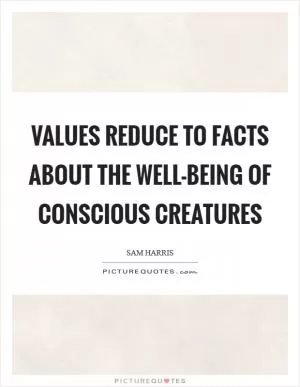



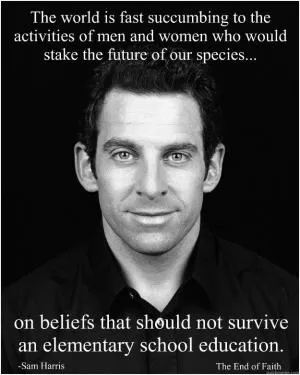


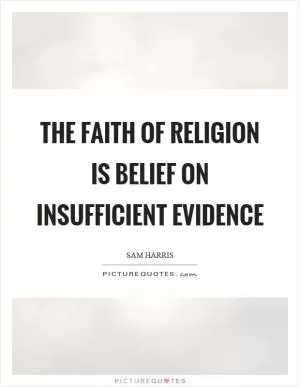

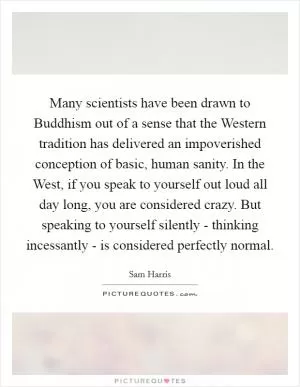

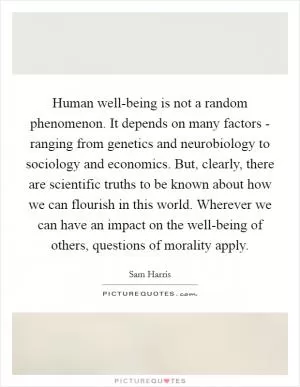
 Friendship Quotes
Friendship Quotes Love Quotes
Love Quotes Life Quotes
Life Quotes Funny Quotes
Funny Quotes Motivational Quotes
Motivational Quotes Inspirational Quotes
Inspirational Quotes